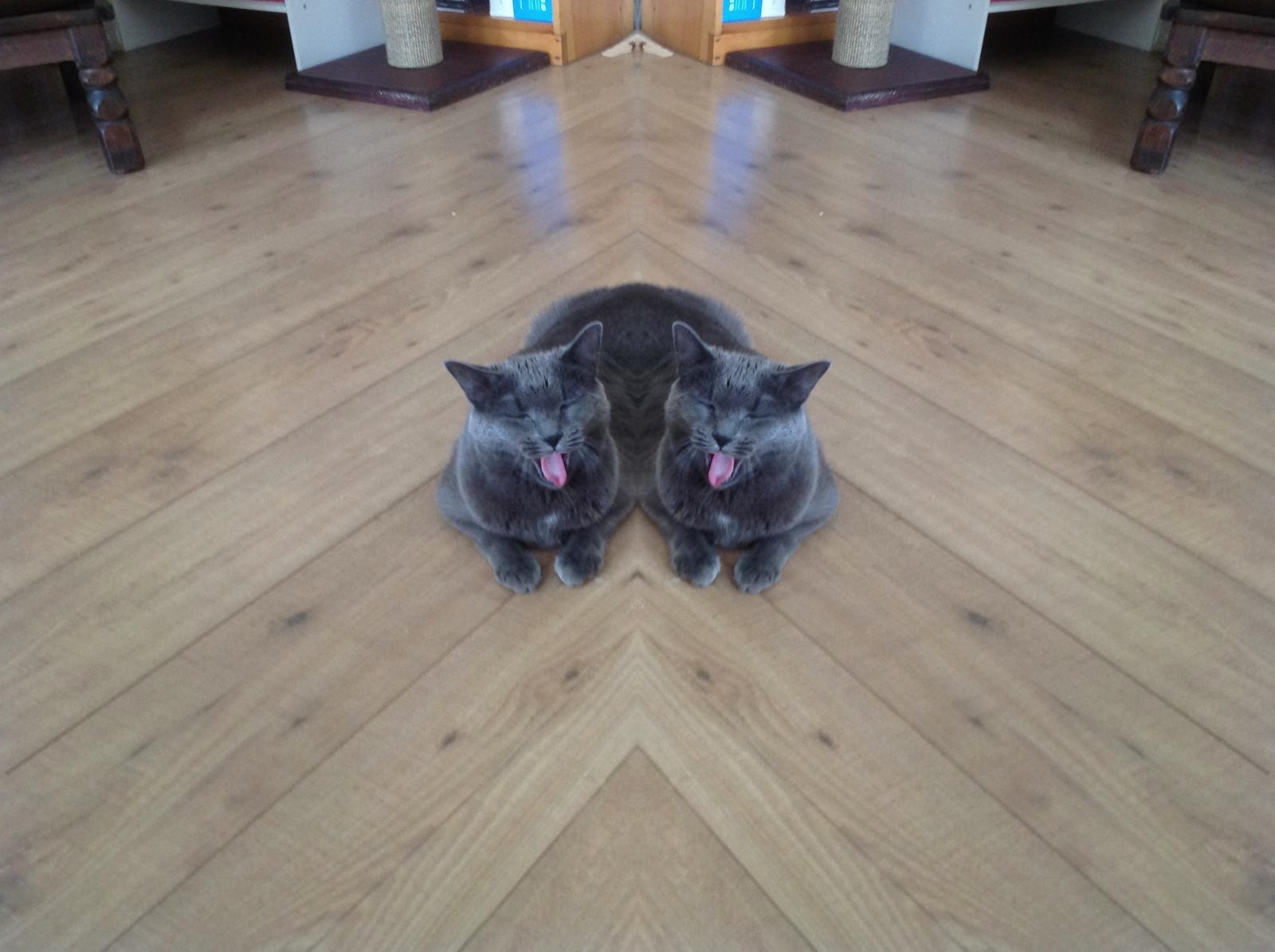Previously: Alphabet of an Unknown City, A-M
ni oblit, ni perdó
This graffiti keeps crossing my path in Barcelona like a declassified article.
The untranslated Catalan works fine if you use that familiar Romance language pincer as a grasping tool.
Babel or Barbarian?
The trill of vernacularized Latin enfolds me into its secret society of millions, a famiglia without a don.
From “gibberish,” noun,
a. el galimatías (m)
“I can’t read the graffiti; it just looks like gibberish to me.
– No puedo leer el graffiti; me parece puro galimatías.
b. el guirigay (m)
“The singer doesn’t enunciate her words, so it sounds like gibberish.”
– La cantante no enuncia las letras y por eso suena a guirigay.
c. la tonterías (f)
“The senator’s speech all sounded very grand, but it was just a bunch of gibberish and empty promises.”
– El discurso del senador sonó muy grandioso, pero no fue nada más que tonterías y promesas vacías.
(spanishdict.com)
Agulló is described as a “tireless defender of the Catalan language.”

“oh, to see without my eyes”
This is the first verse of Sufjan Steven’s “Mystery of Love,” but it takes me back to the first verse of his earlier song, “Futile Devices,” a two-minute hymn which I can only listen to in small pharmacological doses, because like a drug, it produces a compulsive effect to devour it in repetitive loops.
I want the face of my beloved to be like the face of god, seeable without vision, the gaze as protective as a quilt or blanket.
Or for there to be no face at all, like in “The Lunch” scene in I am Love when Emma (Tilda Swinton) falls in love with Antonio (Edoardo Gabbriellini) before ever setting eyes on him. The room darkens and quiets around her as she takes her first bite of Antonio’s food.
picnic
Stink bugs cling noiselessly in twos and threes to the net surrounding our al fresco clearing as we discuss reading the Russians, your views of the gig economy, and the historical continuum of the sellout.
January will arrive quickly this year, smack in the middle of a British winter, North American spring, South American summer.
When I taught Portuguese it was always the vocalized English consonants that left my students laughing, sometimes to the point of tears.
Kingue-Kongue
Rock ’n Roll-y
Pique-nique
Hard things becoming softer.
Every semester the phonetic shift induced the same uncontrollable reaction.
quarantine
Mid 17th-century origin, from Italian quarantina “forty days.” I wonder if there is a religious or prophetic significance to this number, coinciding so exactly with a prophet’s retreat.
“—isolation in which people or animals that have arrived from elsewhere or been exposed to infectious or contagious disease are placed: many animals die in quarantine³”
The vulnerability of the city that makes it tighten and constrict when there’s fear of exposure; but always a city (you never hear of a quarantine in the countryside).
roses, uses for
See (elsewhere) Secret Catalan Poem.
sanity
Compos mentis.4
tremor
The 1721 Tabriz earthquake occurred on April 26. The number of deaths approximated 80,000. Nearly 75% of the city was destroyed.
The Ottomans captured Tabriz in 1722, and the ravaging of the city’s economy, buildings, and infrastructure by the earthquake was thought to be a considerable factor in their success. Popularly the earthquake was believed to have occurred as a sign of godly wrath.
أَأَِمنتُم منِفيال سَماِءأَنيَْخِسَفِبُكُماْلَْرَضفَِإَذاِهَيتَُموُر
“Do you feel secure that He Who is in Heaven will
not cause the earth to engulf you while it billows?”
أَْمأَِمنتُم من ِفيال سَماِءأَنيُْرِسَل َعلَْيُكْم َحاِصًبافََستَْعلَُموَنكَْيَفنَِذيِر
“Or do you feel secure that He Who is in Heaven will not
unleash a torrent of stones upon you?
Soon shall you know the nature of My warning.”
(Sūrah al-Mulk, 67:16-17)
2017-11-12, 7.3 Mw, Kermanshah province, 630 dead, 8,435 injured.
2017-12-20, 5.2 Mw, Tehran province, 2 dead, 97 injured
2017-12-26, 4.0 Mw aftershock, 1 dead, 75 injured.
There is frequently talk of a “big one.”
Ulysses
We peer inside his inner ear canal.
We watch the good doctor press against his intestines and lungs and declare,
“Good liver!"

Famously, cats hide their illnesses. Pain, already untraceable through sight, is doubly concealed.
How much pain does a street cat guard? Triple, threefold?
visual dominance
But what about the things we do when we cannot see? What about the things we fear because we cannot see?
way out
This is what the British5 call an “exit.” I text this feverishly to my digital interlocutors, especially the ones who may find some Beckettian satisfaction in its stark literariness. I have never felt more distance from the English language I know and speak than in England. Every day I log new words and phrases that transmit in low-res across the Atlantic.
Once, I told a doctor who took me on as a temporary resident that I didn’t need any new ones—that I’d had a blood panel done recently. His eyes widened in astonished upper-case letters.
“WHAT IS...”
“... A PANEL.”
We did establish that a panel was simply a test, but for several minutes—and I do mean minutes and not seconds—he looked as if someone had hurt his feelings by keeping this word from him.
If physicians are the keepers of a secret language, dependent on a hierarchy of knowledge to administer their craft, or more pragmatically, maintain their medical licenses, repetition is their friend and variance their enemy.
My U.S. prescriptions are not accepted in the U.K. (“They do the same thing with us,” the recovered doctor says.) My U.K. prescriptions are not accepted in the E.U. As in local British countryside surgeries repetition and variance are the hazards of global medicine.
Xenophanes6
The gods of Homer and Hesiod were tempestuous, moody, often petty. Clap-back queens to the max.
A rainbow was not a rainbow, it was Iris, Ἶρις, a she, either a messenger of the Olympian gods, a beautiful nymph with wings on her shoulders, or a personification of the linkage between heaven and earth or mortals and gods.
But what if the wind or the rain was just that—and not Zephyr or Zeus?
“And she whom they call Iris, this too is by nature a cloud. Purple, red, and greenish-yellow to behold.”7
A cloud is just a cloud.
This most strident critique of Greek popular religion came from a formerly enslaved poet who, once freed, roamed Greek lands for 67 years, coming out against anthropomorphic gods and arguing for a skeptical viewpoint on human knowledge. Drag him, sis.
“cloud-based approach to understanding natural phenomena”
(Stanford Encyclopedia of Philosophy)
The greatest expansion of knowledge about nature is to notice nature.
And what if one surveyed the field of human knowledge and determined that our arrogance and orthodoxy are at best embarrassing and at worse woefully deficient?
Why arrogant? Because one is led to invent gods and concoct divine mythology when the nature of a human being is still out of reach, hastily inquired.
“just as the poet philosopher has provided us with some meaningful warnings toward our tendency to anthropomorphize our deities, the poet philosopher is also warning us against our natural human proclivity to confuse dogmatism with piety.”
(Internet Encyclopedia of Philosophy)
I draw lines of affinity between Xenophanes and rabbinical Judaism and early Islamic philosophy, but abort the investigation early to ask:
Does sensory perception have an overdetermined role in the acquisition of knowledge?
How much can one hope to know in one’s lifetime?
Is the truth an active revelation, unfolded by our own efforts, or a passive realization, like an orgasm?
Y chromosome

There is a public announcement against manspreading on the back of the metro map of Barcelona. And next to my fingers on the guide, the word “karma.”
I dwell frequently on how it feels to inhabit a city in a female body.
I dwell frequently on the notion that the male body expands and the female body contracts in public space.
I like when men restrain themselves, I tell a Basque man. I have not rid myself entirely of a penchant for the drama of mystery. Maybe it’s that I have confused coldness for mystery. Or I have confused mystery with self-restraint.
A certain kind of holding back creates a space, and I can see myself being activated into or by that space. It’s not a void, but a space of spirited action. That’s why open flirtation never holds interest, and charm appears to me as falsified or even delusional. An overt undressing of desire, in a heterosexual matrix at least, is like a vegetable left steaming too long, the adulation buckling under its own heat.
Yes, that’s it. Ocultar—hide, conceal, mask, hide away. The allure of the aloof is a real thing, and whether I relate to it as an affect within myself (it’s the aloofness of the other that draws me in, not my own studied disinterest, which is unsustainable) it is there, a charged phenomenon.
Too much knowledge, too early or too directly delivered, forecloses or precludes the possible, and with it, I fear, encroaches on freedom.
(I am glad the Basque helped me realize this, although he sees his demeanor as neither mysterious nor cold but a species of recio, the robust strength of a tree. He imagines himself as a trunk whereas I see myself as a wave.)
I hold my cheek out to be kissed, and then I leave.
zoom lens
“Changing smoothly from a long shot to a close-up or vice versa by varying focal length”
Any attempt—mechanical, mental, or otherwise—to elide or bridge distance in a way that is constituted by smoothness is the incarnation of dishonesty at worst, an optical illusion at best.